Popular Music
Great Albums You May Have Missed: Bruce Springsteen's Nebraska (1982)
 Bruce Springsteen's Nebraska, for fans and critics alike, marks the point in Springsteen's songwriting where the barren landscapes of the American Dream are laid most bare.
Bruce Springsteen's Nebraska, for fans and critics alike, marks the point in Springsteen's songwriting where the barren landscapes of the American Dream are laid most bare.
The title song chronicles the true-crime killing spree of Charlie Starkweather and girlfriend, also the subject of 1973 film Badlands. Springsteen captures so vividly on record what is most human in the characters that you may find yourself weeping in sympathy for a mass murderer, for the trials he must have been through. Instinctively, we more often feel sympathy for the victims, and we forbid criminals the right to blame society or their circumstances for their crimes; Springsteen invites us to consider that the world is not in fact blameless and perhaps even far from it. 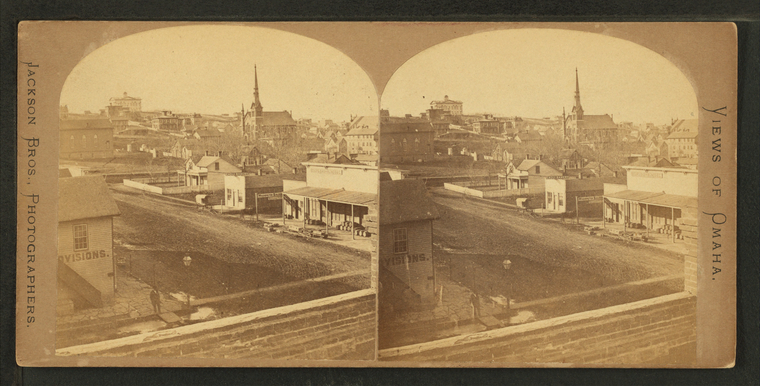
"Here's a song I wrote... I don't even know exactly, why I wrote it... I was in Nebraska. I really didn't think anything about what all the political implications were... 'til I read about it in the newspapers (laughter) and thought, WHOA! But somethin' that I was feelin' helped me to write all those songs of that time. Where people lose their connections... to their friends and their families and their jobs; and their countries and their lives don't make sense to 'em no more...and all the, all the rules go out the window."By the end of the song you want to put the world behind bars, not this poor guy! You just want to tell him you know how he feels; that it's going to be alright when clearly, as he's on his way to the electric chair, it's too late for that. But he didn't set out to run out of options, he just did! Just before they pull the switch they ask Charlie why he did it, and Charlie replies, "Well sir I guess there's just a meanness in this world."
"Oh Charlie!," I want to say, "You're damn right there is! You're damn right!"
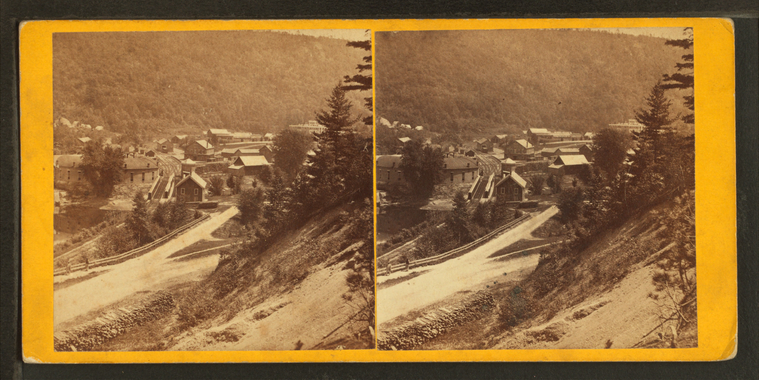
I see it like this:
As desperate and destructive as Springsteen's characters can get on this album, they are responding to a world that we are all familiar with, with struggles we've all had, at least on a general level. And we've all made bad decisions, had trying circumstances add up to a point beyond which we wonder just how far off the breaking point lies. But the point is, we all know there must be one: a breaking point: somewhere out there; hopefully far away, but, there. The truth is, even murderers are human. And as such there must be room for empathy; although one hopes that would-be criminals could find a way to remain empathetic to others as well. But the world, after all, comes with no guarantees. And when factors not always under your complete control add up against you, you run the danger of becoming detached. It's a defense mechanism! But this very detachment is in response to feeling, not a lack of feeling. This is the nuance of the human spirit Nebraska asks us to consider. The uniqueness is in its angle of approaching its subject, from a vantage point we're all simply not used to. It catches us by surprise, but when it's laid before us it seems so obvious. The sorrow is so powerfully conveyed that you feel that sorrow in yourself, and you recognize it. And so the songs become real; they become part of the history of human beings.
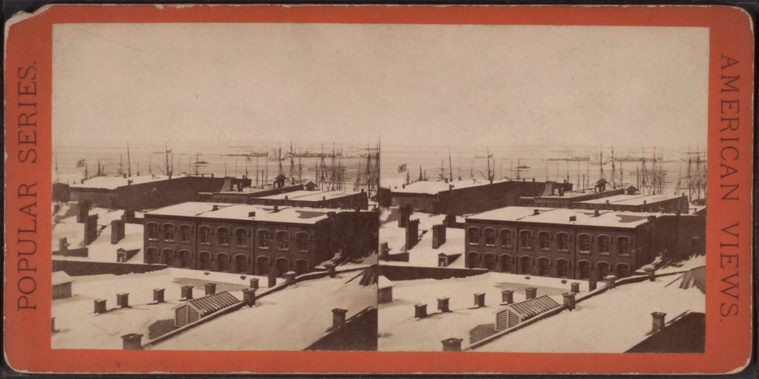
Springsteen said he had been inspired at this time by reading Howard Zinn's A People's History of the United States (first published in 1980), a book that presents the American story not through the eyes of statesmen and generals, but through the often-uncelebrated stories of immigrants, minorities, and women; of the working classes and the poor.
For Bruce, these stories are empowering because it makes you feel like you are part of America, part of history; not an outcast from it, no matter how tragic your story is.
Not all tracks on Nebraska are about outright criminals, however. Some are about everyday people that can't catch a break, can't find their direction, or otherwise feel like they are looking in on the would-be 'good life' from the outside.
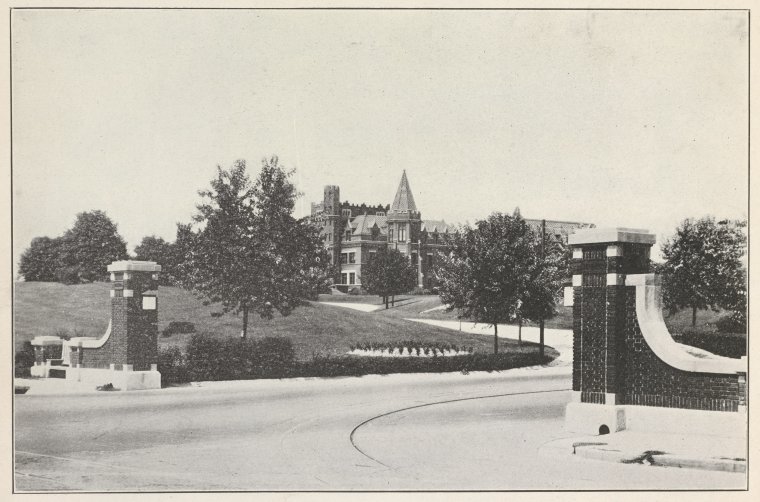
In my opinion, the quiet yearning of Mansion on the Hill is his most powerful moment; the singer reminisces on his childhood: of watching extravagant parties at a mansion, when, as a child he would hide out and watch them from nearby.
Springsteen introduces Mansion on the Hill:
"This is a song of when I was a kid. When I was small I always remember my father when It'd be gettin' late at night. I would be sittin', watchin' television, and he'd come in and say, 'Hey, why don't we take a ride?!' I said, 'yea!' And we'd get in the car, and there was this house that was on the outskirts of town. We'd always ride out to it. I always remember doin' that. And we'd get out there and park and we'd sit. And at the time it seemed, so distant... and so unreachable."
The song My Father's House is about a man who has lost touch with his father, we can only imagine why. One night he has a dream: he is a child again, running through the woods to the safety of his father's arms. When he awakens, he vows the "hard things that pulled us apart/Will never again sir tear us from each other's hearts." He drives to see his father, seeing the familiar glow behind the trees and the house he used to know. But a stranger answers the door, and his father is gone. He drives off, knowing it can never be the same again:
"My father's house shines hard and bright it stands like a beacon calling me in the night/Calling and calling so cold and alone/Shining cross this dark highway where our sins lie unatoned."
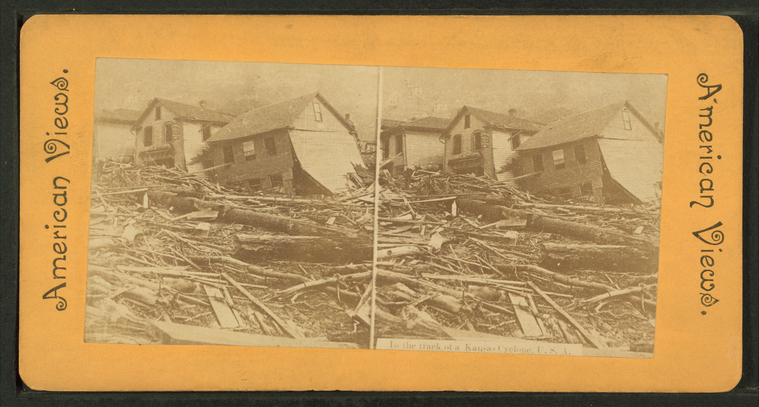
Springsteen introduces My Father's House:
"I had this habit for a long time, I used to get in my car and I would drive back through my old neighborhood, a little town I grew up in. And I would always drive past the little houses I used to live in...and I got so I would do it really regularly, for years. And I eventually got to wonderin', what the hell am I doin? And so, I went to see a psychiatrist (laughter), this is true!...and, I sat down and I said, 'you know, doc, for years I've been getting in my car, and I drive back to my town and I pass my houses late at night and, you know, what am I doing?' And he said, 'I want YOU to tell me what you think you're doing.' So I go 'that's what I'm paying YOU for.' So he says, 'well, what you're doing' he says 'is that something bad happenned, and, you know, you're going back, you know, thinkin' that you can make it right again. Something went wrong and you keep going back to see if you can fix it, and somehow make it right.' and I sat there and I said, 'that IS what I'm doing.' And he said, 'well you can't'."
It becomes clear why the songs are so tangible in their emotion, Bruce is extracting so much of his own experiences of life: of loss and regret; of being lied to, hurt, and deceived. And I'm inclined to empathize; because if the world never promised to be fair, the American Dream sure did! So what gives?! The people that populate these songs are all here because of one thing: the shiny, promising American Dream did not work out for them; but their stories can't be ignored if we're going to have a realistic picture of the world, of American history, and of what it is to be human. That's right! Like any great work of literature, we know the world and ourselves better by knowing their stories.
 Springsteen wrote and recorded these songs as demos on a 4-track audiocassette tape recorder in his house in mostly one day (Jaunary 3,1982): that is, just him, a guitar, a harmonica, an overdubbed harmony or mandolin here or there, an old Gibson Echoplex mixed in for effect. He just popped this one cassette tape demo in his pocket (without a case) and took it to play for the band. After attempting to work them up with a full band, they decided the haunting sparceness of the demo worked best with the emotional content of the material. It was released as a stripped-down, folk-sounding, lament of a recording in the fall. That very same audiocassette tape was used as the master!
Springsteen wrote and recorded these songs as demos on a 4-track audiocassette tape recorder in his house in mostly one day (Jaunary 3,1982): that is, just him, a guitar, a harmonica, an overdubbed harmony or mandolin here or there, an old Gibson Echoplex mixed in for effect. He just popped this one cassette tape demo in his pocket (without a case) and took it to play for the band. After attempting to work them up with a full band, they decided the haunting sparceness of the demo worked best with the emotional content of the material. It was released as a stripped-down, folk-sounding, lament of a recording in the fall. That very same audiocassette tape was used as the master!
"In any creative endeavor, say such as painting, you have the paint and you have the canvas but if you don’t have that third something you are going to fail. You have to reach down deep to find that third thing; the thing that puts a fingerprint on the imagination and heart. Songwriting is really saying what it is you’re thinking." —Bruce Springsteen, interview with Elvis Costello
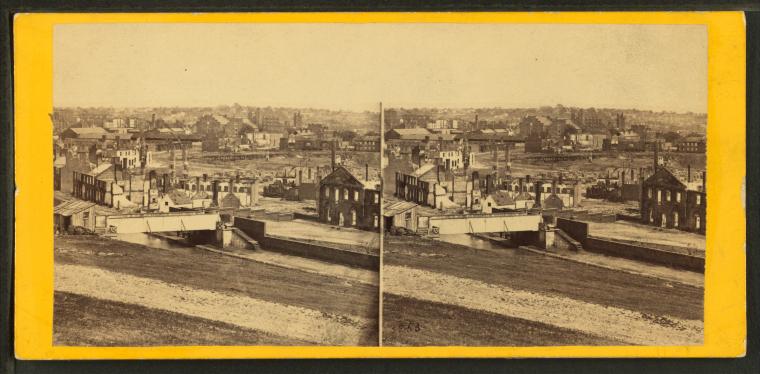
NYPL Catalog Link:
Nebraska (1982) on CD - Bruce Springsteen
To Preview some great tracks from Nebraska, click the links below:
***An amusing side note: Some of the songs recorded on that day in '82 were not considered to be barren enough for the album. A year or two later came his record-breaking Born in the USA album (it spawned 7 top 10 hits!), which would include some songs from the Nebraska session. Though the empowering power chords of a solid rock band in full charge, and the upbeat, anthemic quality of the songs on Born in the USA do seem to be more hopeful (especially the title track!); the focus on tragedy and loss is still very much there.
 Ronald Reagan, while running for re-election in 1984, was taken in by the anthem quality of song Born In the USA. And since Google hadn't been invented yet, you could not so easily search the lyrics to find out the song is about a guy who gets shipped off to Vietnam against his will, sees all his buddies get shot up, then comes home to no job, barely anything to live for, and "nowhere to go" (though you can figure it out by listening to the whole song). Bruce had once again written a song pointing out the failings of the American Dream, and Reagan wanted to use it to tout that very dream! On a stop in New Jersey, Reagan said:
Ronald Reagan, while running for re-election in 1984, was taken in by the anthem quality of song Born In the USA. And since Google hadn't been invented yet, you could not so easily search the lyrics to find out the song is about a guy who gets shipped off to Vietnam against his will, sees all his buddies get shot up, then comes home to no job, barely anything to live for, and "nowhere to go" (though you can figure it out by listening to the whole song). Bruce had once again written a song pointing out the failings of the American Dream, and Reagan wanted to use it to tout that very dream! On a stop in New Jersey, Reagan said:
"America's future rests in a thousand dreams inside your hearts; it rests in the message of hope in songs so many young Americans admire: New Jersey's own Bruce Springsteen. And helping you make those dreams come true is what this job of mine is all about."
 Reagan was unaware of the irony in the song and in his comment. It's not about living the dream, it's about the dream dying, or at the very least the dream lying to you. Reagan also didn't realize Springsteen was a liberal who did not approve of the song being used for his campaign anyway. Both were quickly pointed out. I believe it was the last time Reagan mentioned the song; but as gritty and sorrowful as Born in the USA could be, nobody would have ever mistaken anything on Nebraska for a campaign song, that's for certain.
Reagan was unaware of the irony in the song and in his comment. It's not about living the dream, it's about the dream dying, or at the very least the dream lying to you. Reagan also didn't realize Springsteen was a liberal who did not approve of the song being used for his campaign anyway. Both were quickly pointed out. I believe it was the last time Reagan mentioned the song; but as gritty and sorrowful as Born in the USA could be, nobody would have ever mistaken anything on Nebraska for a campaign song, that's for certain.
Read E-Books with SimplyE
 With your library card, it's easier than ever to choose from more than 300,000 e-books on SimplyE, The New York Public Library's free e-reader app. Gain access to digital resources for all ages, including e-books, audiobooks, databases, and more.
With your library card, it's easier than ever to choose from more than 300,000 e-books on SimplyE, The New York Public Library's free e-reader app. Gain access to digital resources for all ages, including e-books, audiobooks, databases, and more.
If you don’t have an NYPL library card, New York State residents can apply for a digital card online or through SimplyE (available on the App Store or Google Play).
Need more help? Read our guide to using SimplyE.
Comments
Wow, this is the best blog
Submitted by #1Bruce Fan (not verified) on August 27, 2010 - 10:52am
I don't recall Bruce saying
Submitted by Anonymous (not verified) on January 15, 2014 - 11:34am
Terrific Article
Submitted by Paul Clemente (not verified) on June 11, 2014 - 11:25pm